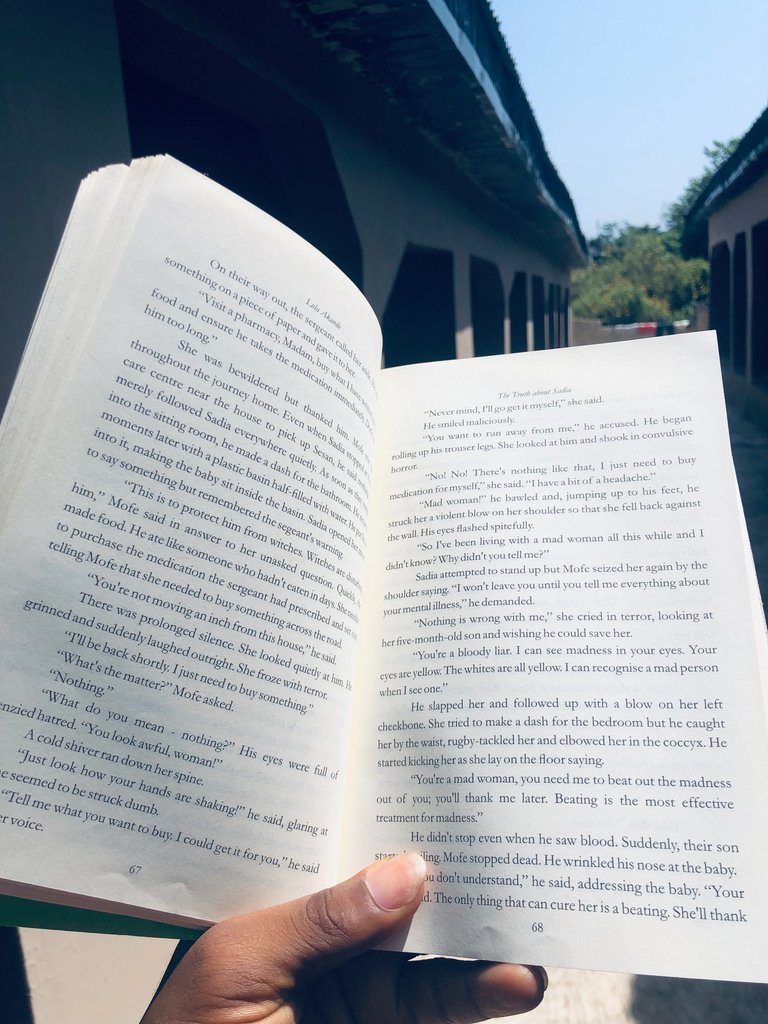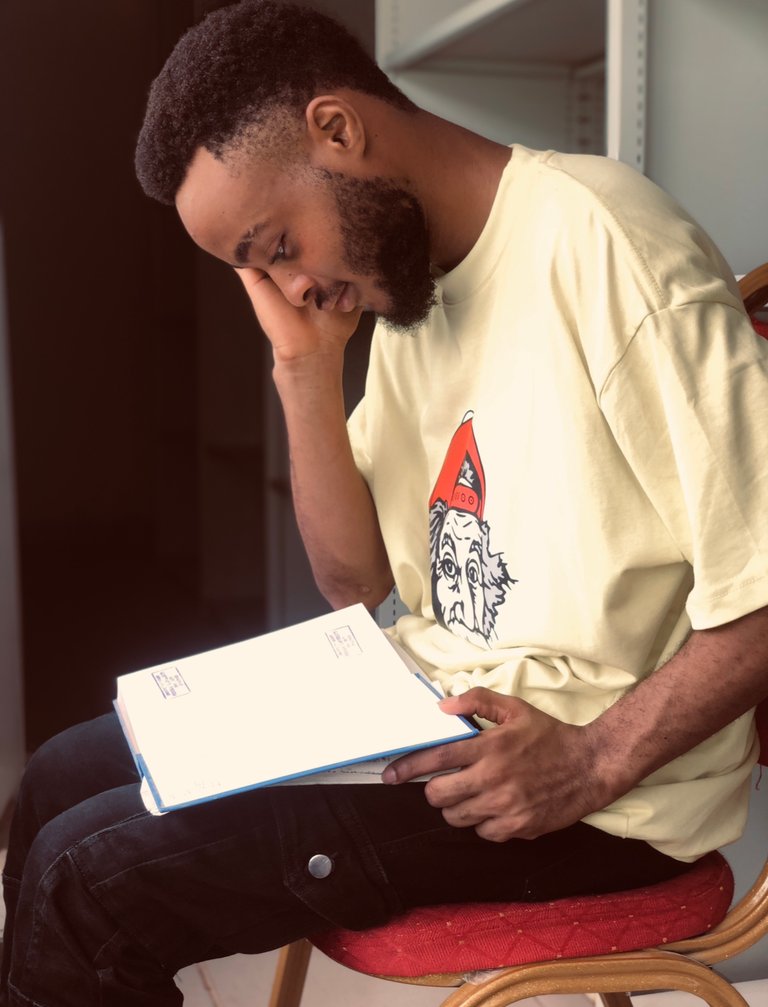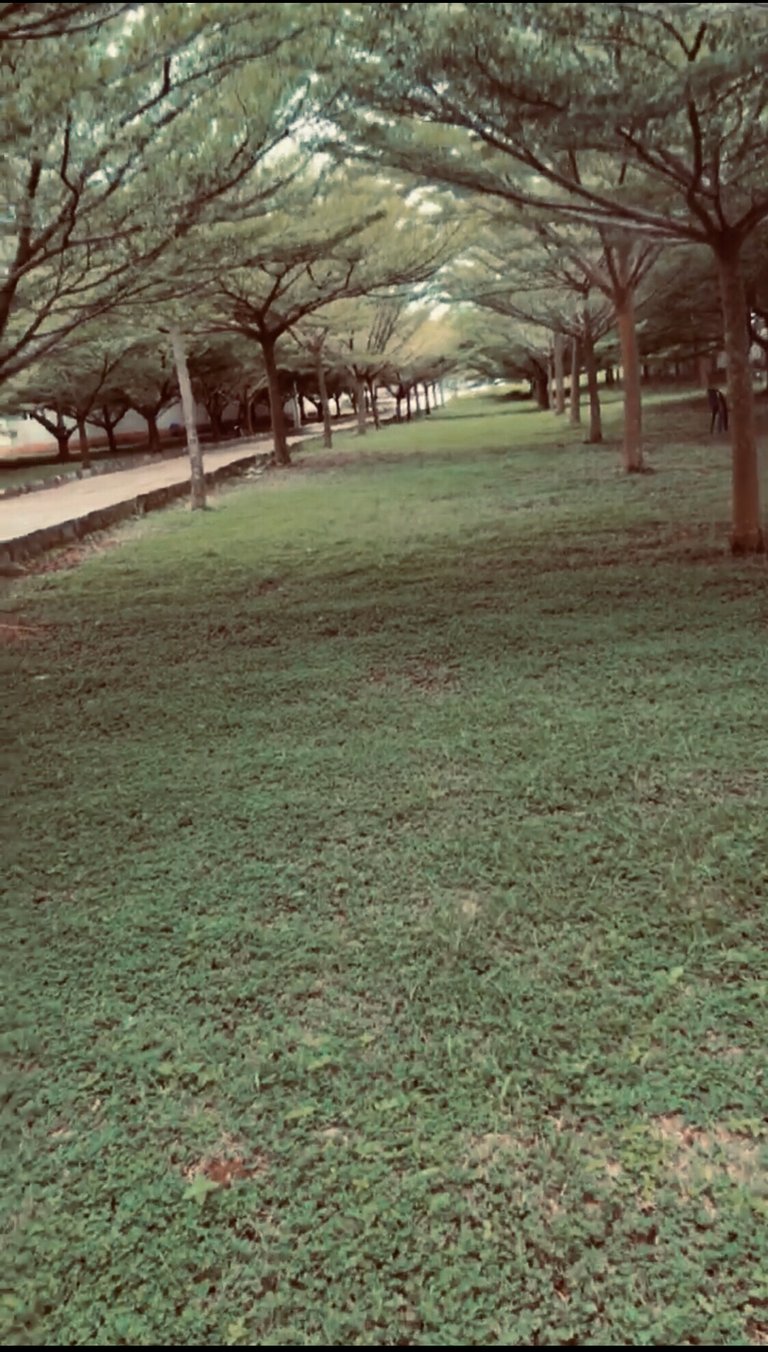Justice Served? The Red Velvet Dress By Farida Karodia

Have you ever read a book that puts you in a tight spot - a dilemma where you're unsure whether the character did something bad or if what the character did was "poetic justice enough"? According to the dictionary, “Poetic justice, also called poetic irony, is a literary device with which ultimately virtue is rewarded and misdeeds are punished.” In simple words, Poetic Justice is when evil characters are punished for their misdeeds or atrocities, while the good ones are rewarded. I have read many books where I am left in a dilemma if the character got enough “poetic justice”? I ask myself questions like; Should the character suffer more for his misdeeds? Did they deserve a quick and slow death instead of a fast and painless one? Recently, I read The Red Velvet Dress by Farida Karodia
Farida Karodia is a South African writer. She was born and brought up in South Africa, but later relocated to Canada where she spent twenty-six years. Just like other African women authors, she writes to share her experiences as a woman. Her works explore the themes of oppression, gender, poverty, relocation, and so on. Some of her works are; Daughters of the Twilight, A Shattering Silence, Other Secrets, Boundaries, and so on.

The book opens with the voice of the narrator. The narrator, who is also a character in the novel, reveals that the last time she saw her mother was 25 years ago. 25 years ago, she was sent to prison for going against the law. Three months after her release, she finds out that her mother is suffering from cancer and is on her deathbed.
The narrator reveals her childhood days. She grew up with an abusive father and an intentionally ignorant mother. Her father always called her Katije-Kitten (colored kitten), a deviation from her real name, Katrina. Unlike the rest of the kids, her eyes and skin color were different. She was “special.” She always hated it when her father called her that name. Ktarina’s father was a sexual abuser and an oppressor.
Katrina’s only friend, Nelie, and her family worked for Pa (Katrina’s dad). Nelie’s father, Piet, worked on the farm while Nelie’s mother, Anna worked in the kitchen. Pa would always sexually assault Nelie, a minor. She even had a baby gathered by him. To cover his tracks and silence the voice around him, Pa killed Piet, Nelie’s father. Four years later, Nelie got pregnant again (obviously gathered by Pa.) This time, Pa chased her and her mother out of the house. The psychological damage that Pa caused to Nelie’s mental health summed up and made her commit suicide. This was the last straw that broke the camel’s back. Out of anger and frustration at what Pa had caused, Katrina picked up a gun and shot him.
The present-day- The Red Velvet Dress
On her deathbed, Wilhelmina gives her daughter, Katrina, an envelope. Inside it is a picture of her at the age of four, wearing a red velvet dress with a crocheted collar. The picture is proof that at one time, she enjoyed a normal relationship with her parents. Through the picture, she finds out that Pa wasn’t her real father. Her mother had her with a lover- Hendrik Tobi. When Pa found out, he wanted to leave, but his debts were paid off, forcing him to stay. Her mother’s life was until Andries came to sour it.

Have you ever been caught in a tight spot to determine whether a character deserved “enough poetic justice.” Pa inflicted pain, not only on Nellie whom he impregnated twice, but also on her mother, father, and Katrina, her best friend. The first time Nelie had a baby fathered by Pa, he killed Piet (Nelie’s father) to cover his tracks. The second time, he drove them out of his farm, cutting their only source of survival. This was what made Nelie commit suicide. For all the misdeeds he committed, he should have suffered a painful death. Although dying is one way to get poetic justice, it should have been a painful and slow one.

Moving on, Katina's mother was aware of everything Pa did, but she never spoke out. She knew Pa was sexually abusing Nelie; she knew he constantly raped her, and she also knew that he killed Piet, but she never said a word. Throughout Katina's 25 years in prison, Wilhelmina never visited her daughter once. What kind of mother would leave her child for 25 years? Since literature is open to multiple interpretations and we are entitled to different perspectives, I believe Wilhelmina didn't speak out when Nelie was raped and her father was killed because she was scared of Pa. She knew the kind of person he was and was scared of getting killed. Additionally, she didn't visit her daughter throughout her 25 years in prison because she felt guilty. The guilt of not being there for her daughter when she needed her the most.
I recommend this book to all book lovers. I give it a four out of five stars.
All images in this post are mine.
Thanks for reading.
Posted Using INLEO

Congratulations @justfavour! You received a personal badge!
Wait until the end of Power Up Day to find out the size of your Power-Bee.
May the Hive Power be with you!
You can view your badges on your board and compare yourself to others in the Ranking
Check out our last posts:
Congratulations @justfavour! You received a personal badge!
Participate in the next Power Up Day and try to power-up more HIVE to get a bigger Power-Bee.
May the Hive Power be with you!
You can view your badges on your board and compare yourself to others in the Ranking
Check out our last posts: